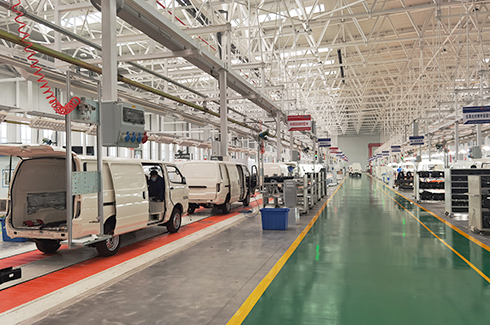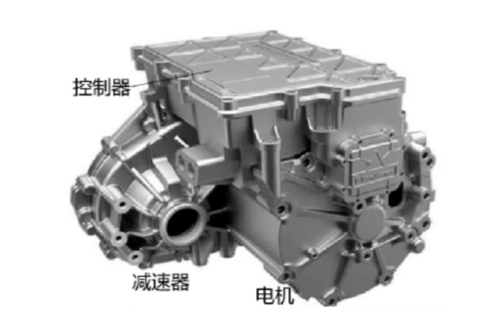Electric vehicles have tripled their driving range within 10 years
Dec 21, 2022
Reading Volume :

Massive investment by car makers since 2011 means today’s electric vehicle buyers can benefit from a 15-fold increase in choice of model, as well as, on average, more than three times the battery range compared with a decade ago, according to new research by the Society of Motor Manufacturers and Traders (SMMT).
At the time of the launch of Britain’s first mass-produced battery electric vehicle, the Nissan LEAF, in 2011, just nine plug-in car models were available in the UK – making up less than one in 1,000 total registrations. Today, there are more than 140 plug-in models available, accounting for around one in five new cars sold this year, with a further 50 models expected to be launched by the end of 2022.
In 2011, the typical ranges from the likes of Citroen’s C-Zero and Mitsubishi’s i-Miev were 83 and 50 miles respectively. Today, the Mercedes EQS claims 453 miles, a Kia EV6 with 328 miles, or a Ford Mustang Mach E at 335, to name a few.
This increased range is a direct result of the automotive industry’s ingenuity and investment – and the trend will continue, with all of Britain’s leading car manufacturers and importers committed to decarbonizing their model line-ups, whether hatchbacks, SUVs or hypercars, with a further 150 new and updated plug-ins due to be delivered to the UK market by 2025.
Mike Hawes, SMMT chief executive, said: “The ever-increasing number of electric vehicle models launched by manufacturers since 2011 shows just how far Britain has come, with industry investment stimulating innovation at an ever-faster rate. With almost 200 electrified models expected to be available by the end of the year, manufacturers are turning ambitions for zero and ultra-low emission mobility into a reality, while motorists’ demand for these vehicles increases month by month.
“To turn this nascent demand into a mass market, however, motorists need choice, affordability and the confidence to charge. The UK has an ambitious timescale to deliver net zero and road transport must shoulder the biggest burden delivering that goal. The industry is up for the challenge but we need all stakeholders, including government, charge point providers and energy companies, to match manufacturers’ commitment by providing the competitive incentives and infrastructure that assures a zero-emission future.”
search
Tags





